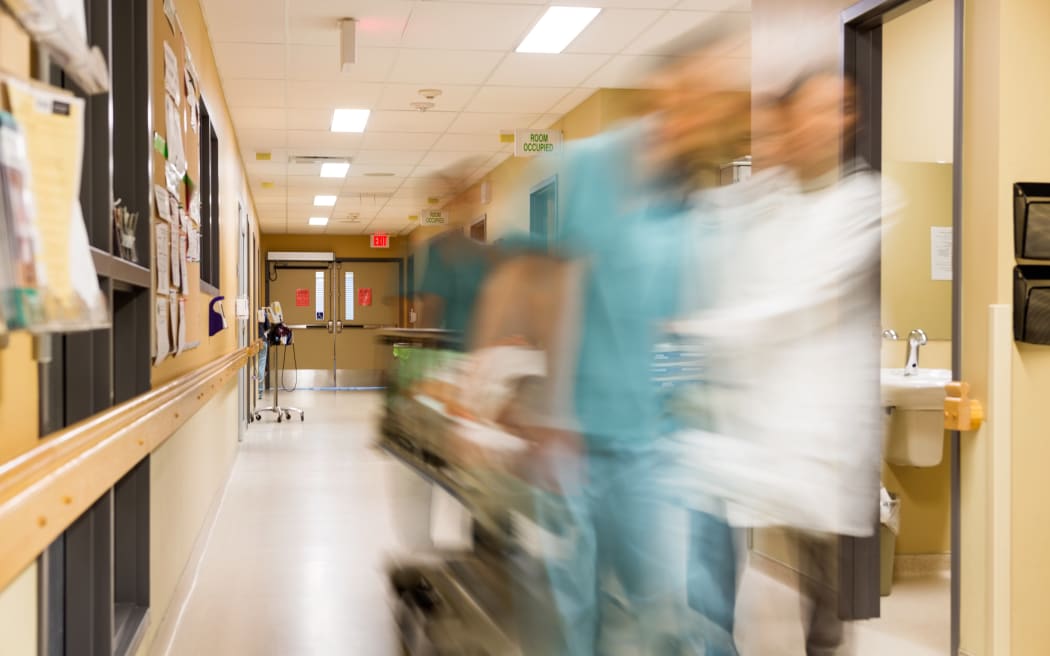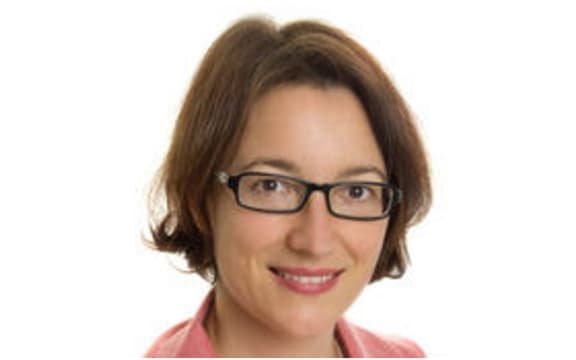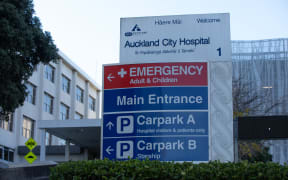
A new health report highlights some key changes, a surgeon says. Photo: 123rf
Allow free training for nurses and pay them more to help relieve the pressure to meet surgical targets, a top surgeon says.
A government task force has delivered 101 recommendations to cut surgical wait times, but the plan has attracted its share of critics already.
The recommendations included giving GPs more ability to diagnose without the need for a specialist, moving patients between regions for care, and greater use of the private sector.
However, various sectors within the health industry spoken to by RNZ said the Te Whatu Ora proposals were too vague and did not address the core reasons behind tens of thousands of people waiting for non-urgent surgery.
New Zealand Association of General Surgeons president Vanessa Blair said people needed to understand the report was not about emergency surgery or departments.

Vanessa Blair Photo: Mercy Ascot Auckland
It was about planned care, and was an honest comprehensive document that showed the country's healthcare system was "in a difficult place", she told Morning Report.
"It's signalling a direction of travel and it highlights some very key changes that are needed."
Dr Blair said one of its most important recommendations was that elective surgical work should be uncoupled from emergency work, "ringfencing it away from acute care".
"So often what happens in our big hospitals is that they're overburdened, they're overwhelmed with all the emergency work and Covid has just made it worse. "
Surgical centres, similar to those already set up at at Middlemore Hospital and on the North Shore, should be set up across the country, Dr Blair said.
"This will allow efficiencies. It might sometimes have the potential to make inequities a little worse if it's not managed properly but I think that's a very important part of the report that needs to be acknowledged."
She agreed inequities within the health system needed to be addressed and that was one reason most members supported the setting up of the Māori Health Authority.
Regarding the non-urgent surgery list, Blair said she wanted the nursing crisis addressed by allowing nurses to come in more easily from overseas, providing free training and a four-year plan to train more nurses.
"At its core we just need to pay these people more. Nurses and other allied professions do not earn enough...
"We need to pay our allied professions more and value them more as a society. They've had a very tough time dealing with Covid, some of them have put their lives at risk and I think the way society looks at that needs to change."
Another priority should be obtaining accurate health data.
"This needs a complete shake-up. We should be able to do this properly and once we've got really accurate data we can then set very effective targets."
The four-month targets to see patients and to get elective surgery done were not being met at present but having better analytic data and getting away from a DHB mentality would help to provide uniform access to care across the country.
She said setting poorly considered targets while the sector was in crisis would make all the health professionals feel like failures.
Plea for more recognition for GPs
The College of GPs chair Samantha Murton said it would be great to be able to help patients more directly but warned family doctors were already under the pump.
"When you look at something like this, and it says GPs can do all these things, totally we are capable but whether we've got the capacity is the biggest issue, and there' ll be a lot of people in the workforce going 'Oh another job to do'."
Those thoughts were echoed by Mt Eden GP, Dr Jodie O'Sullivan, who said the taskforce was looking at how patients could get better more equitable access to healthcare while providing value for money.
GPs were concerned that if they were loaded down with extra work, such as ordering an MRI, that meant they were responsible for seeing that through to its end with the patient but without any compensation.
"Is it going to be another thing put back on general practitioners?"
When there were complications, such as cancer being detected, seeing the patient again and working out a care plan was often done in the GP's own time.
If there was to be a change in the way secondary health care was going to be delivered GPs' contribution needed to be recognised, Dr O'Sullivan said.





